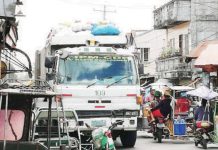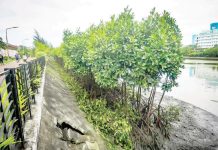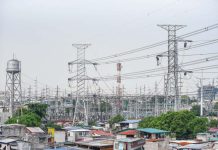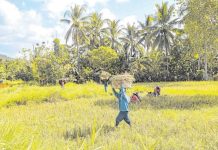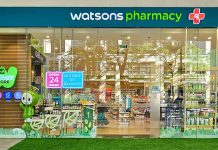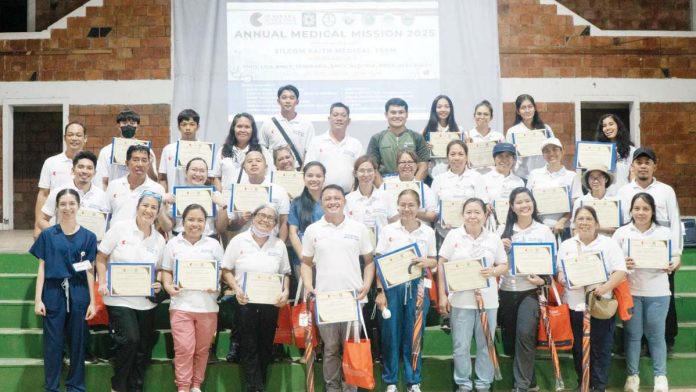
SEMIRARA, Caluya, Antique – As part of its ongoing commitment to community health and social responsibility, vertically integrated energy company Semirara Mining and Power Corporation (SMPC) continues to deliver essential healthcare services to its host and neighboring communities through sustained medical outreach programs.
During SMPC’s 2025 Annual Medical Mission, the largest healthcare initiative this year, medical volunteers and partners were mobilized in an event that served 3,169 residents across Semirara Island and nearby islands. Residents received free medical consultations, dental care, minor surgeries, blood sugar testing, and other basic health services. Free haircuts and reading glasses were also provided. This activity builds on the success of previous medical missions earlier this year, including an HIV screening and learning session last March, and a free circumcision program last April.
The two-day activity was held in partnership with the SILCOM Faith Medical Team, led by Mr. Jimboy B. Suson, along with the Local Government of Caluya, barangay health workers, and SMPC scholars.
Suson highlighted the impact of SMPC’s sustained community development programs that allow residents to receive the care they need for free.
“On behalf of the medical team, kami po ay taos-pusong nagpapasalamat sa SMPC for this wonderful opportunity na makapaglingkod po [rito] sa Semirara Island at sa mga karatig na isla,” he said.
SMPC regularly holds its major annual medical missions to bring vital medical care closer to its host communities. Alongside these, it hosts activities throughout the year designed to address various health and wellness needs in partnership with local officials and experts. The company is planning another mission in the third quarter that will focus on pediatric, orthodontic, and minor surgical needs. By the fourth quarter, another free HIV screening mission will be held.
Through its sustained medical missions and development programs, SMPC empowers communities not only with treatment, but with better access to knowledge, preventive care, and long-term support./PN


